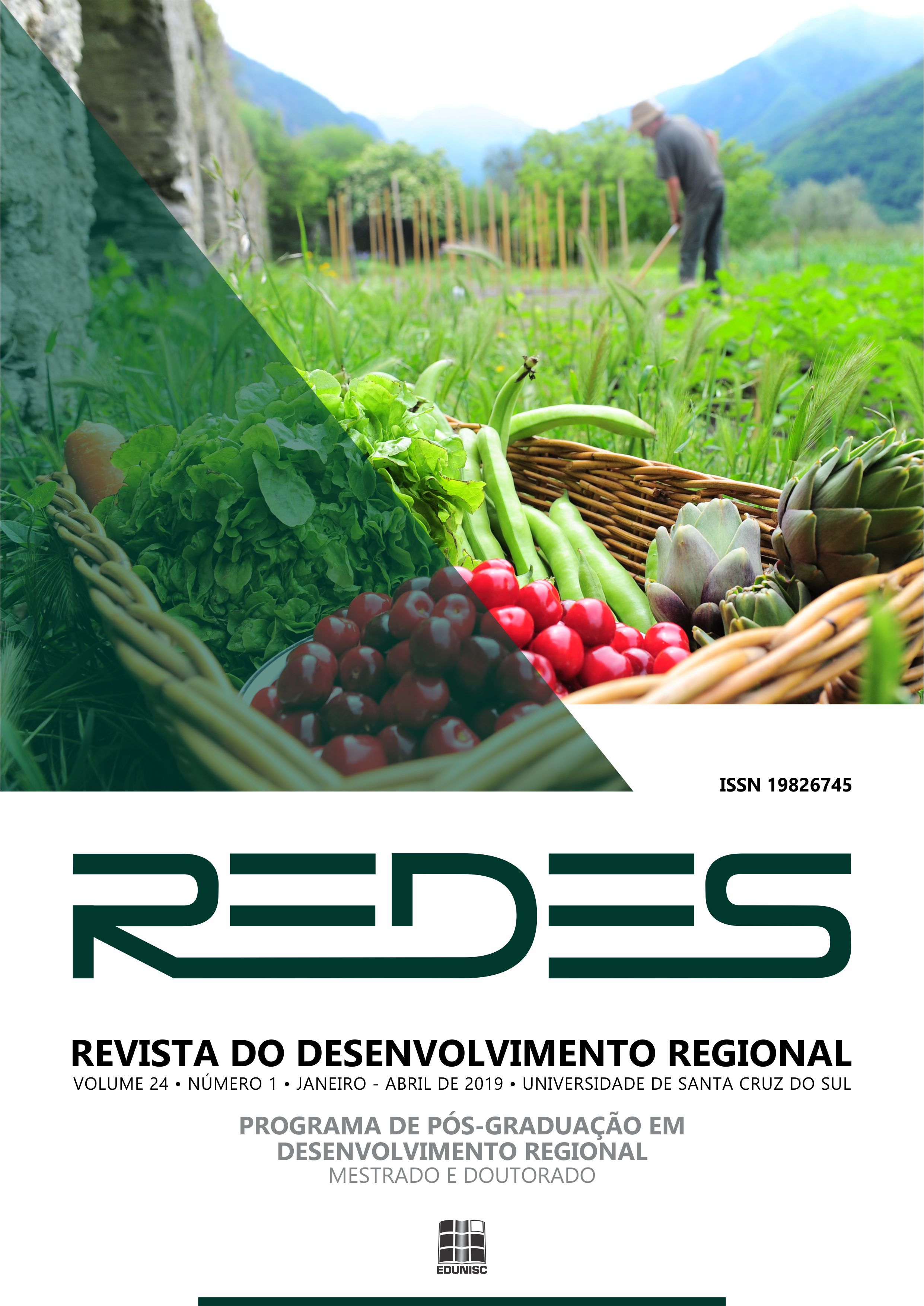Translating sustainable diets into practice: the potential of public food procurement
DOI:
https://doi.org/10.17058/redes.v24i1.13036Keywords:
Sustainable development. Consumption. Production.Abstract
Building on widespread calls for policies and development strategies that align human and ecological goals, an increasing number of scholars and practitioners are turning to the concept of “sustainable diet” as a guiding principle to address the multidimensional implications of food production on society, the environment and the economy. After discussing the core principles of this concept and providing some examples of its practical application, this article explores the potential of food procurement in progressing sustainable diets in public canteens. A critical review of the literature shows that there are three main barriers that need to be overcome to embed the principles of “sustainable diet” in public contracts: the primacy of a rigid ‘value for money’ ethos, which reinforces a risk-averse culture around public food provision that inhibits individuals and organisations from driving change; the tendency by governments to promote ‘silo-ed’ approaches to change leadership on issues like public procurement, which inhibit the levels of knowledge-sharing and collective endeavor across departments that is required to underpin sustainable procurement reform; and a lack of technical knowledge related to sustainable procurement and sustainable food provision.Downloads
Download data is not yet available.
Downloads
Published
2019-01-03
How to Cite
Sonnino, R. (2019). Translating sustainable diets into practice: the potential of public food procurement. Redes , 24(1), 14-29. https://doi.org/10.17058/redes.v24i1.13036
Issue
Section
Institutional Markets: Reconnecting Production to Consumption



